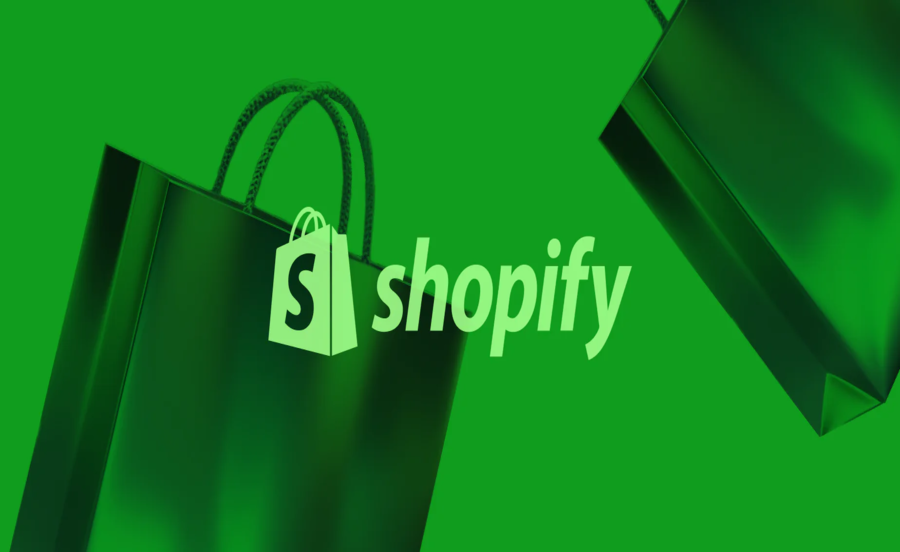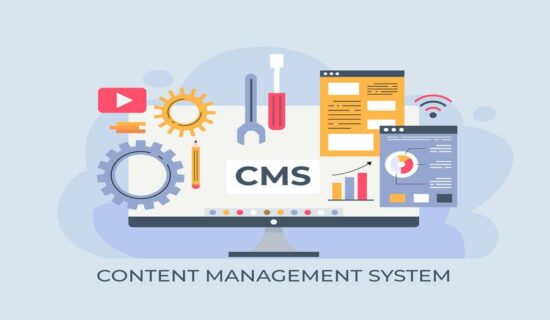
In the realm of ecommerce, Shopify stands tall as a giant, commanding a significant share of the market both in the United States and globally. With over a million online stores spanning across 175 countries, it’s evident that Shopify has much to offer to businesses of all sizes. However, just as one size doesn’t fit all in fashion, the same holds true for ecommerce platforms. There are instances where Shopify might not be the perfect fit. Thus, it’s prudent to explore alternative options.
Why Shopify?
Before delving into alternatives, let’s understand why Shopify is immensely popular. Shopify presents itself as an all-in-one hub, combining robust features with user-friendly functionalities. Its drag-and-drop system and a plethora of SEO-friendly themes make it accessible to novices while offering scalability for growing businesses. Moreover, its comprehensive toolkit caters to every aspect of running an online store, making it an attractive choice for many.
Why Consider Shopify Alternatives?
While Shopify offers a comprehensive solution for most ecommerce needs, there are specific scenarios where businesses might seek alternatives:
- Noindex Category & Tagged Pages:
SEO complexities, such as the need to noindex automatically generated category/tagged pages, can pose challenges for some businesses. This issue might lead them to explore platforms that offer better organization and customization options.
- Payment Gateways:
Some businesses prefer alternative payment gateways over Shopify’s proprietary one due to various reasons, including transaction fees, currency limitations, and industry restrictions.
- Catalog Complexity:
Although Shopify can accommodate a considerable number of products, businesses with complex catalogs might find its limitations restrictive. In such cases, alternative platforms offer more flexibility.
Shopify Alternatives: Exploring Options
- WooCommerce:
As a free, open-source WordPress plugin, WooCommerce appeals to businesses already using WordPress. While it offers extensive customization options, it requires technical knowledge for optimal use.
Pros:
- WordPress integration
- Access to niche plugins
- Open-source infrastructure for endless customization
- Free subscription
Cons:
- Not all-inclusive—you’re responsible for domain hosting, email services, SSL certificates, and other necessities
- Requires knowledge of CSS or HTML to reach full potential
- Using plugins may diminish performance and make the site overly complex
- BigCommerce:
BigCommerce boasts robust features and scalability, making it suitable for businesses experiencing rapid growth. However, its learning curve and forced upgrades might deter some users.
Pros:
- All plans include a robust array of tools and features
- Drag-and-drop editing
- Supports 55 payment gateways (no additional transaction fees from BigCommerce for the integration)
- SEO-friendly features, including customizable URLs
- Many paid themes available
- 24/7 support
Cons
- Difficult learning curve—massive ecosystem and robust tools and features can be overwhelming
- Only 12 free themes available
- Forced upgrades to next plan tier if you hit your plan’s sales limit
- In-depth customization requires coding knowledge
- Magento:
Magento, available in both open-source and enterprise versions, offers unparalleled customization but demands technical expertise for utilization and maintenance.
Pros:
- Open-source infrastructure allows backend access for endless custom design and development
- Huge, worldwide network of devs (over 260,000) consistently improving functionality
- Many third-party add-ons and apps available
- Part of the Adobe ecosystem
- Magento Commerce offers cloud hosting or self-hosting
- Great for complex enterprise solutions
Cons:
- Completing and maintaining builds can be costly and requires professional personnel
- User is responsible for installing and managing upgrades, patches, and other updates
- Magento Open Source requires self-hosting or third-party-hosting
- Wix:
Wix provides a user-friendly website builder but may lack scalability compared to other platforms.
Pros:
- User-friendly drag-and-drop builder allows for fast and easy site design and development
- Premium plans include a free domain for one year
- Help Center has a large library of searchable resources
- Product pages can have six options and 300 variant SKUs
- More affordable than other website builders
Cons:
- Amazon Payments and Apple Pay aren’t supported
- 50GB limit unless you upgrade to enterprise plan
- May not be full-featured enough to scale compared to other Shopify alternatives
- Product options and SKUs may be limiting for complex catalogs
- PinnacleCart:
PinnacleCart emphasizes SEO and marketing features but may lack the robustness of major platforms.
Pros:
- Custom URLs, schema.org tags, and other features focused on SEO
- All plans allow for unlimited products and categories
- In-house or self-hosting options
Cons:
- Bandwidth and storage caps can require expensive upgrades as your business grows
- Only compatible with 64 apps
- Limited number of themes available
- Lacks name recognition
- User must manage their own upgrades
- Shift4Shop:
Shift4Shop focuses on SEO but may require technical proficiency for optimal use.
Pros:
- SEO-friendly tools and features, including 301 redirects and Google AMP
- Low cost
- Compatible with 100+ payment processors (including international options)
- All plans include an integrated blogging platform
Cons:
- Difficult to use without technical knowledge and experience
- Monthly fee for each additional user
- Themes aren’t as stylish as other platforms
- Lacks name recognition
Choosing the Right Platform
Selecting the right ecommerce platform depends on various factors, including business requirements, technical expertise, and growth aspirations. Partnering with professionals can streamline the process and ensure optimal results.
Conclusion
While Shopify shines as a leading ecommerce platform, exploring alternatives can uncover solutions better suited to specific business needs. Whether it’s addressing SEO complexities, payment gateway preferences, or catalog complexities, various platforms offer diverse features and functionalities. Ultimately, partnering with experts of ChetsApp can enhance the ecommerce experience and drive business success.

